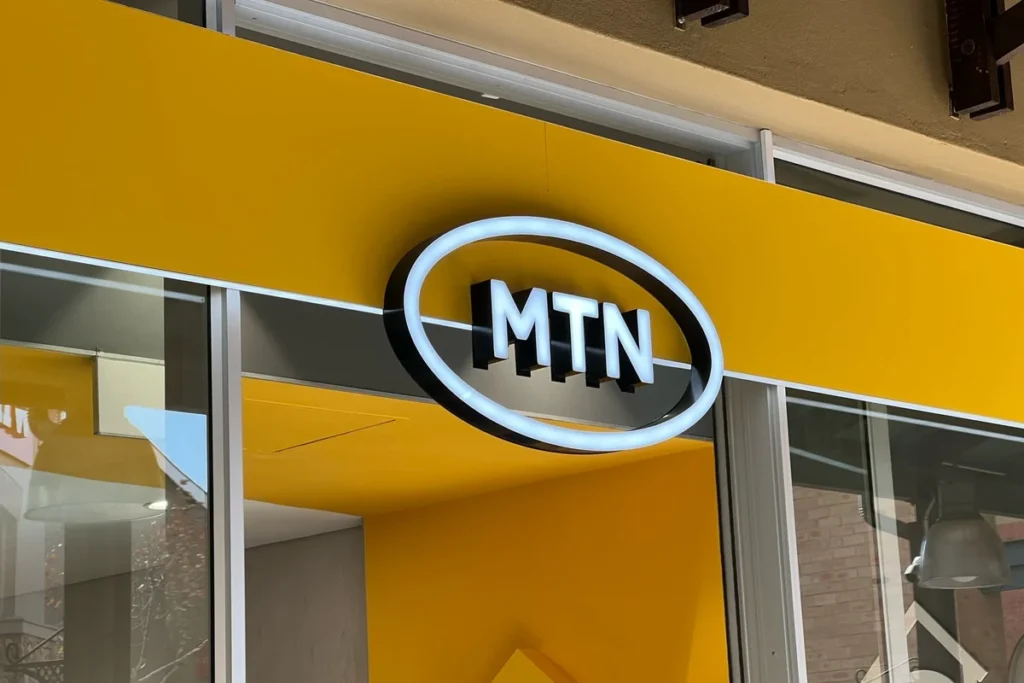The Ookla report examined the mobile performances of various MTN subsidiaries and joint ventures referred to as “opcos” across five of its nine markets in the West and Central Africa region. The report which covered from Q2 2022 to Q2 2024 especially considered how these subsidiaries performed in comparison with each other and how they evolved between the period under review.
According to the report, MTN Nigeria hit a download speed of 95.62 Mbit/s, which has been attributed to its 5G network. This has increased the gap it has over others in the region in terms of download speeds, especially the Ghanaian subsidiary, which is its closest competitor.
MTN Nigeria is also reported to have trumped other subsidiaries in terms of median upload speed, hitting 17.01 Mbit/s. This is a significant gap compared to the 16.74 Mbit/s achieved by MTN Ghana.
While applauding the feats of both MTN Nigeria and Ghana, the report also noted that all the subsidiaries that were reviewed witnessed growth in their performances.
“While all reviewed MTN opcos rose in performance since Q2 2022, Nigeria and Ghana stood out by moving up the most in download and upload speed rankings over the last two years,” the Ookla report stated.
The report also noted that the Nigerian and Ghanaian subsidiaries were also in the lead in terms of median multi-server latency. It specially acknowledged MTN Ghana for achieving this without even launching the 5G network at the time.
With respect to increasing download speeds, the report noted that MTN Benin, Cameroon, and Nigeria saw higher jumps in download speeds between 2023 and 2024 compared to the previous year.
MTN Nigeria on top despite difficult business terrain
This report comes at a time when MTN in Nigeria is grappling with a hostile economic climate that has seen it record significant losses. In the first 9 months of 2024, Technext reported that the subsidiary recorded an astounding 514 billion naira loss attributed to Forex issues alone.
The losses are so bad that CEO, Karl Toriola, during a media tour of the company’s facility, said that the company might shut down if things don’t change soon. Indeed he called for an increased tariff on voice and especially data, indicating that it remains the only way to guarantee the survival of the company and Nigeria’s telecoms industry in general.
“There should be no delusion; if the tariff doesn’t go up, we will shut down,” he said.
Despite this, the Ookla report says the Nigerian subsidiary more than tripled its median download speeds within two years.


